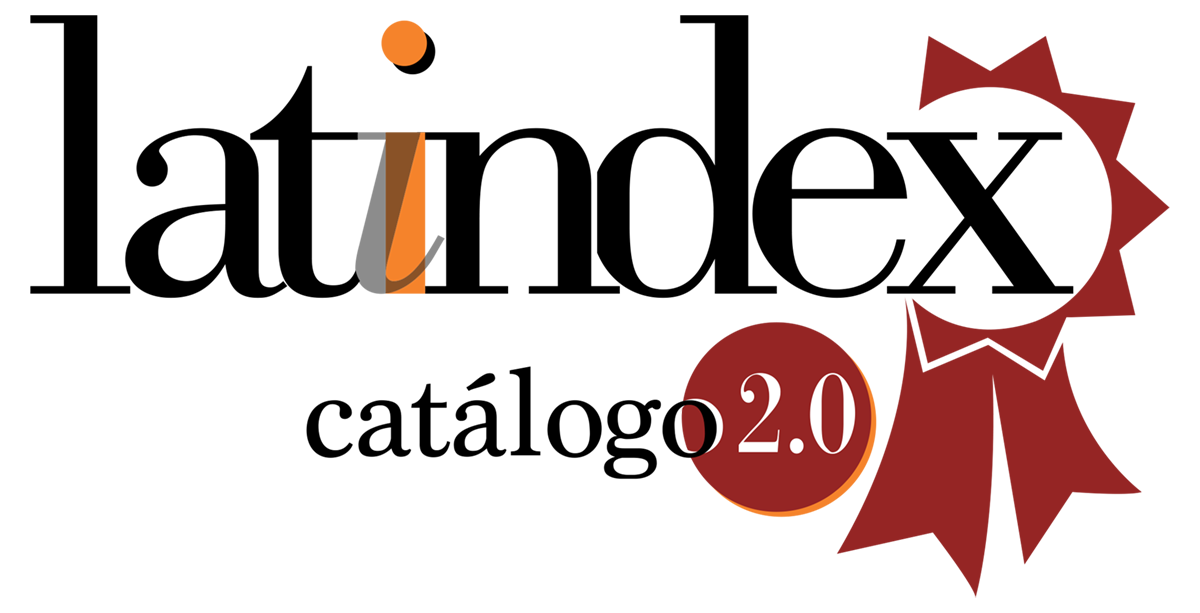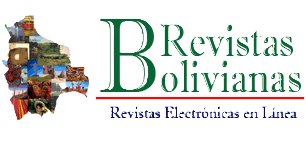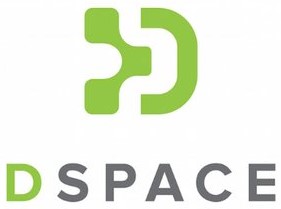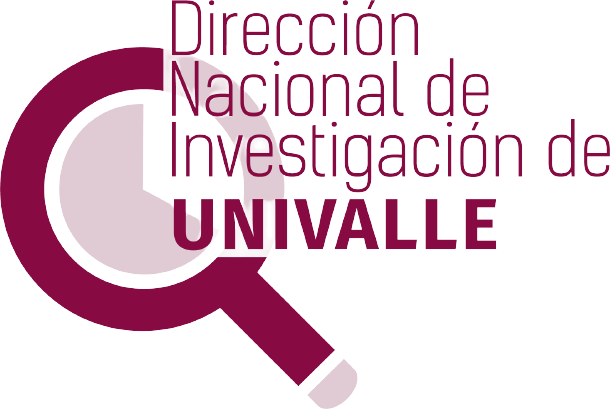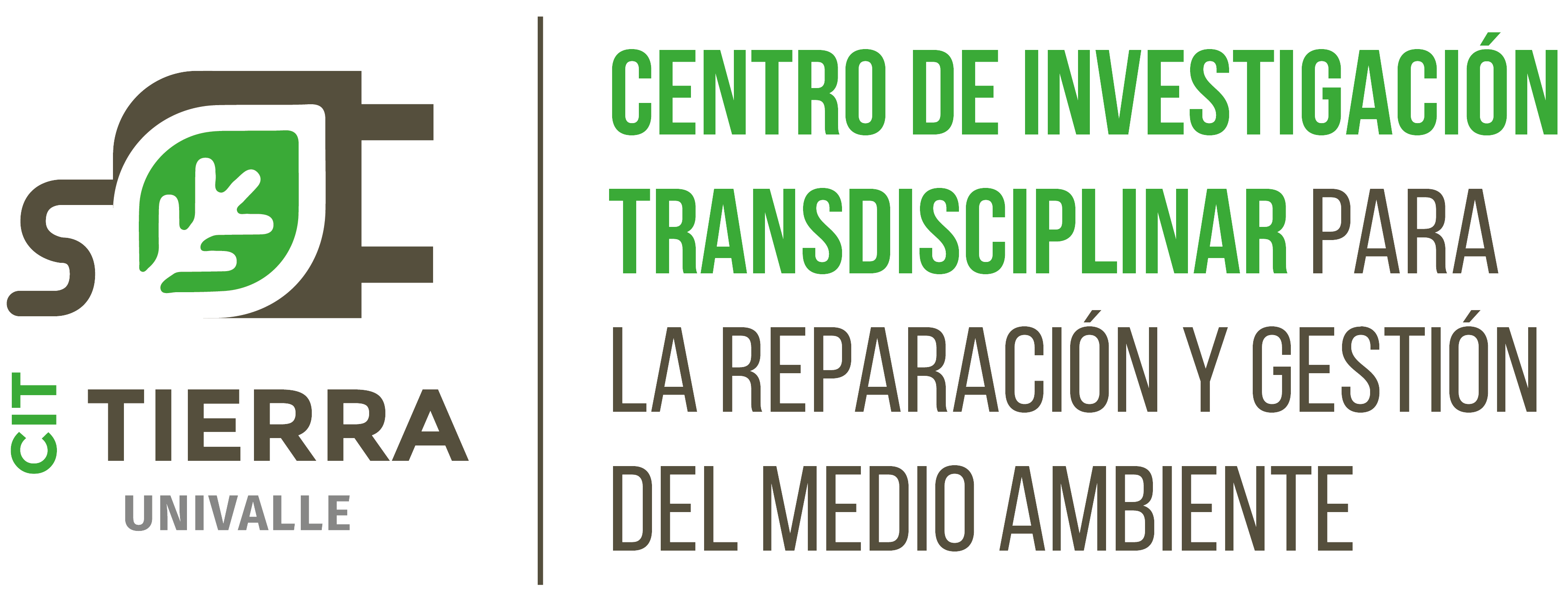Own Software Transition to Free Software Advantages and Disadvantages on the Supreme Decree Nº 1793
DOI:
https://doi.org/10.52428/20758944.v11i33.709Keywords:
Information and Communication Systems Legislation, Free software, Own software, E-government, Comprehensive Automation SystemAbstract
The State, in recent years, is undergoing majar technological changes that will constitute incremental progress towards modernization, inclusion and use of technology in society. lt has been established sorne regulations on the use of lnformation Technology and Communication to be progressive instrument towards modernization of the state. The content established in Presidential Decree No. 1793 concerns the regulation to enter the 'e-government' use of signature and digital certificate. Another aspect is the implementation of e-government and implementation of a plan so that over time ali subsidiaries of the State have access to free software tools for transparent work and use of information in public administration. Within this important process, it is pertinent to take into account issues on the advantages and disadvantages about own software and free software, since in the future it will become an important element far the State.
Downloads
References
(1) STALLMAN. www.fsf.org (10 de octubre de 2014).
(2) D.S. Nº 1793 (2013), Gaceta Oficial de Bolivia, www.gacetaoficialdebolivia.gob.bo
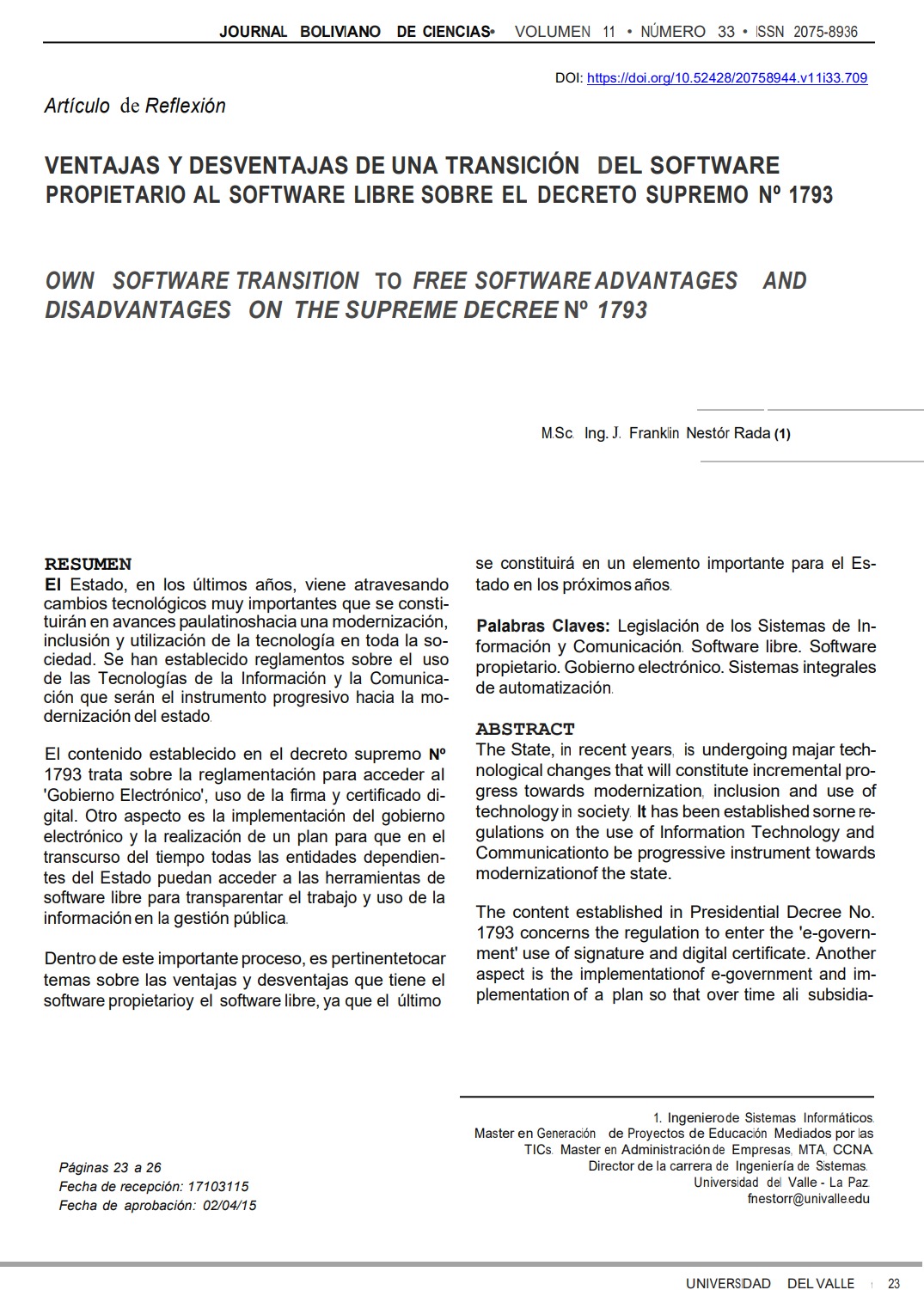
Downloads
Published
How to Cite
Issue
Section
License
Copyright (c) 2015 J. Franklin Nestór Rada

This work is licensed under a Creative Commons Attribution 4.0 International License.
Authors who publish with this journal agree to the following terms:
- Authors retain copyright and grant the journal right of first publication with the work simultaneously licensed under a Creative Commons Attribution License 4.0 that allows others to share the work with an acknowledgement of the work's authorship and initial publication in this journal.
- Authors are able to enter into separate, additional contractual arrangements for the non-exclusive distribution of the journal's published version of the work (e.g., post it to an institutional repository or publish it in a book), with an acknowledgement of its initial publication in this journal.
- Authors are permitted and encouraged to post their work online (e.g., in institutional repositories or on their website) prior to and during the submission process, as it can lead to productive exchanges, as well as earlier and greater citation of published work.





